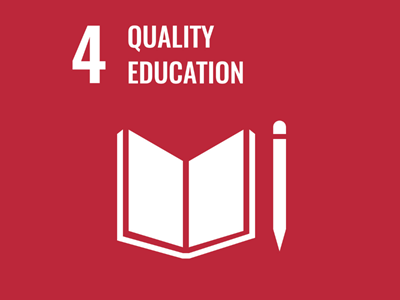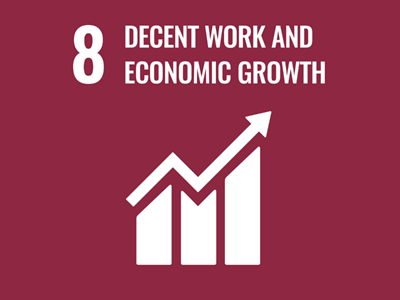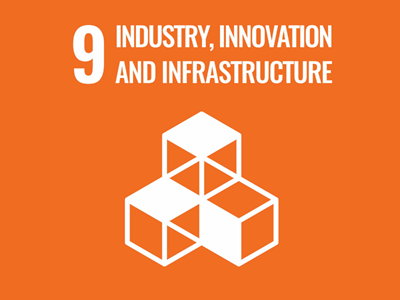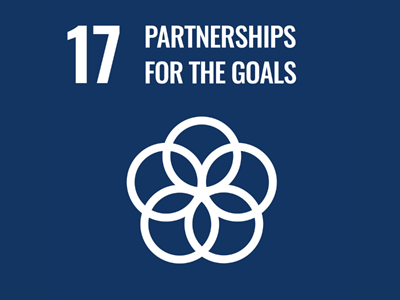About the Project
E-VIVA - Enhancing and Validating service related competences in Versatile learning environments in Western Balkan Universities
The e-VIVA project aimed to create a blended learning approach to facilitate and validate the development of service-oriented competences in informal learning contexts. By addressing the challenges of recognizing skills acquired outside traditional academic settings, the project sought to bridge the gap between higher education institutions and workplace environments.
The primary objectives of e-VIVA included:
- Identifying and analyzing approaches for skills and evidence validation to foster connections between higher education and professional practice.
- Developing ICT-based assessment and validation systems to enhance existing validation and certification frameworks.
- Creating a rich competence development and validation software tailored to service-related skills and competences.
- Establishing sustainable cooperation among target groups and stakeholders to ensure the project's long-term impact.
Through its innovative methodology and focus on service-related competences, e-VIVA supported learners in gaining formal recognition for informal learning achievements, contributing to improved career opportunities and personal development.







